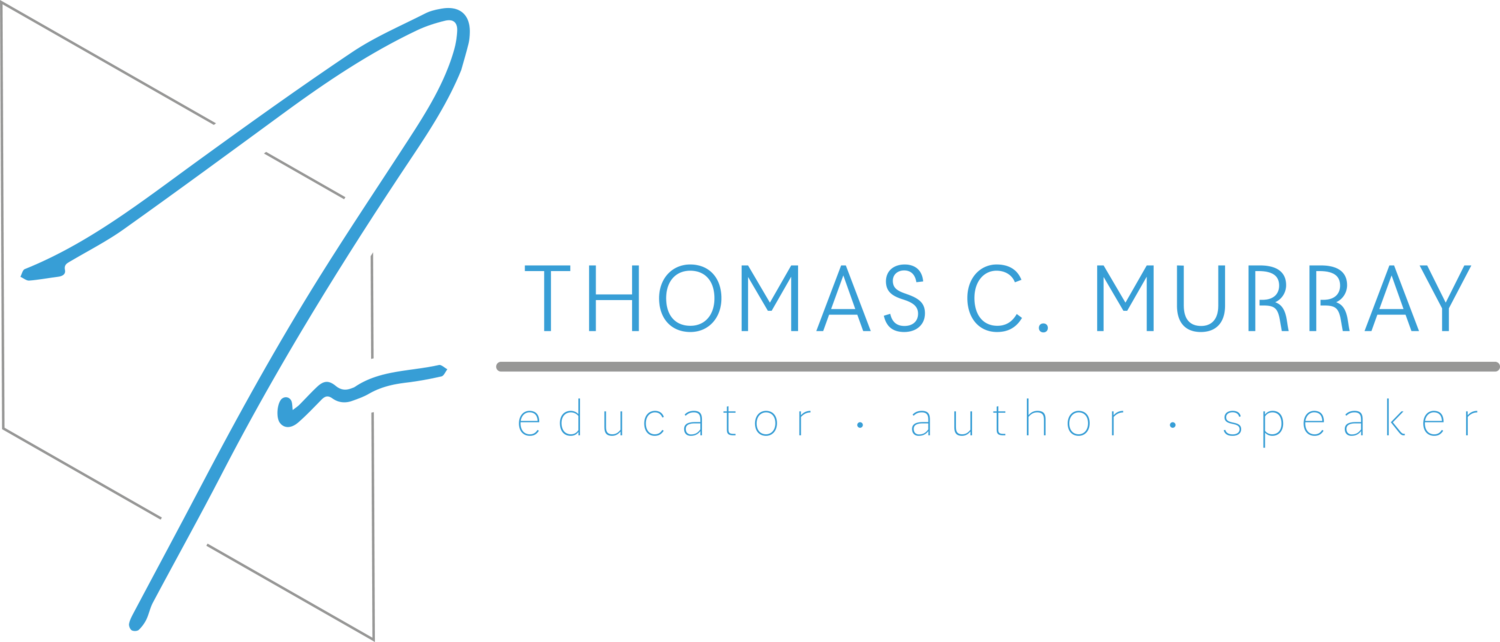Social-Emotional Learning: The Heart of How Kids and Adults Learn
A Guest Post from authors Lainie Rowell, Kristy J. Andre, and Lauren Steinmann
Emotions matter. And the research on how emotions impact learning is clear so we could say that academic achievement is our “why” in advocating for social-emotional learning (SEL) and call it a day. But it isn’t just about accepting SEL’s necessity as a means to increased academic performance. Our “why” should be about our calling as educators to nurture the whole child. We have the power to make kids feel valued and loved in the precious hours they are in our care. We can also teach them skills to regulate emotions and achieve long-term social-emotional health. To do so, we need to make SEL a part of our adult learning too!
We set out to write our book, Evolving Learner, because we wanted to curate the most innovative, effective, and sustainable approaches to professional learning. It quickly became obvious that SEL needed to be a major theme in the book because social-emotional practices are essential for ALL learners, both kids and adults.
SEL for ALL Learners
With more and more educators adopting SEL into their classrooms/schools, the conversation is evolving. We are moving away from SEL and academics happening in isolation and we are starting to engage in our own social-emotional practices. Finally! It is time to make SEL a natural part of our practice as adult learners not only for self-care but also to model for our learners. And how do we do that? By learning from kids, peers, and the world!
Social-Emotional Learning from Kids
In Personal & Authentic, Tom Murray writes, “Prioritizing the social-emotional aspects of learning helps us see more than what we teach. It helps us see who we teach.” We couldn’t agree more! Everyone in the learning community needs to feel seen and heard. And by seeing and hearing our learners, we become learners ourselves!
Naturally, we can learn a lot from our kids by just interacting with them, asking questions, and engaging in thoughtful discussions where we truly listen. We can go further by intentionally designing learning experiences based on what kids teach us about their interests and passions as well as their knowledge, skills, and dispositions. We need to show kids that we care, not just by listening, but by following through with actions such as tailoring instruction, providing choice, giving opportunities to own the learning, and modeling as well as teaching social-emotional practices.
Social-Emotional Learning from Peers
Explicitly teaching social-emotional skills to our kids is so important and we have to remember that in order to truly teach it, we have to model it. Having social-emotional skills is also critical as we build a climate of trust, mutual respect, and honesty in learning relationships with our peers.
Mindfulness is being aware of our thoughts, our reactions, our emotions, and our physical state. By being mindful, we are able to take a moment to understand the situation in front of us. Here is a very simple way to practice mindfulness using something you always have with you, your breath:
5–2–5 Breathing
Never underestimate the power of breath, especially when working with kids and adults. Take a deep breath in for 5 seconds, hold it for 2, and then breathe out deeply for 5 seconds. Repeat. Taking a deep breath like this allows us to create a sustained calm and lowers anxiety.
In addition to improving our own emotional intelligence in order to build better relationships with our peers, we can also improve our practice in collaboration with peers. The next time you plan a meeting or professional learning experience with peers, consider how social and emotional practices can be integrated throughout in meaningful ways. For ideas, check out CASEL’s video, SEL 3 Signature Practices: Adult SEL.
Social-Emotional Learning from the World - #AdultSEL
It might seem counterintuitive to talk about social media as an opportunity to grow your emotional intelligence, but when used with intention and critical thinking, social media has a tremendous amount to offer in personal growth. Even if you are not ready to sign up for an account, consider going to twitter.com/explore and searching with hashtags like #AdultSEL, #SEL, and #EmotionsMatter. You don’t need to join Twitter to search Twitter!
Other educators and educator groups online can prove to be an unbelievably supportive resource, and make a sometimes ‘lonely’ profession feel like a collaborative community.
Social-Emotional Learning Through Cycles of Inquiry
A core theme in Evolving Learner is reflective practice for continuous improvement. Changing behavior is challenging, especially when we try to make massive changes all at once. Small changes can change everything. Rather than attempting to make a huge change and being unable to sustain it, cycles of inquiry allow us to focus, learn, revise, and reflect in an on-going, iterative process.
Cycles of inquiry are actually everywhere when you start looking for them. Jay Shetty, a former monk turned storyteller, encourages us to “spot, stop, and swap” negative thoughts and you can see that this is actually a cycle of inquiry for regulating emotions.
As educators moving forward in continuous improvement of our own emotional intelligence, we need support and practice to improve. Learning from kids, peers, and the world gives us the social and emotional support to be strong enough to be vulnerable. A cycle of inquiry provides a structure to challenge our beliefs through action research. The two combined give us the capacity to learn, unlearn, and relearn as needed.
How will you start to improve today? What is your focus? How will you learn, revise, and reflect? We would love to hear about it! #EvolvingLearner
For additional resources, visit EvolvingLearner.org.





